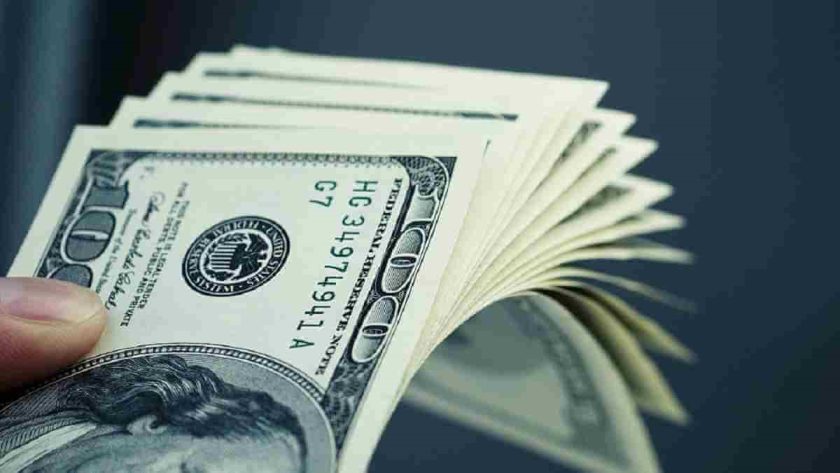Eurobond Market Sees Rising Appetite for Nigeria’s Papers
The average yield on Nigeria’s US dollar bond declined due to increased demand from foreign portfolio investors in the international market. Hopes of economic rejuvenation and a fast-declining headline inflation rate have raised appetite for the nation’s sovereign eurobond paper in contrast to the bearish pose recorded by some African issuers.
Nigeria’s borrowing costs in the international market have been projected for a decline in the absence of significant economic and political shocks, supported by the latest ratings upgrade from Moody’s, Fitch, and S&P Ratings.
In a note, Cowry Asset Management Limited told investors that the Nigerian Eurobond market concluded on a positive note, with the average yield declining by 2 basis points to 8.01%, indicating robust buying interest and optimistic investor sentiment.
African Eurobonds turned bearish as oil prices fell and investors reacted to President Donald Trump’s escalated pressure on the Fed and trade partners, analysts at AIICO Capital Limited told investors in a note.
Trump claimed “sufficient cause” to remove Fed Governor Lisa Cook over alleged mortgage fraud, though she refused to resign and plans to challenge the move legally.
Trump also hinted at replacing her soon to gain a Fed “majority” and push rate cuts. Eurobonds dipped on concerns over Fed independence, while Trump threatened new tariffs and tech export curbs against countries taxing U.S. digital services—raising trade tensions with the EU.
Last week, Nigeria’s Eurobond curve also closed bearish, with average yields widening by 16 bps week on week to 8.12% from 7.96% the prior week. Losses were broad-based, but the 2032 (+24 bps to 8.28%) and 2033 (+21 bps to 8.60%) bonds drove much of the upward pressure. #Eurobond Market Sees Rising Appetite for Nigeria’s Papers CBN Smoothens FX Fluctuations, Sells $50m to Banks

